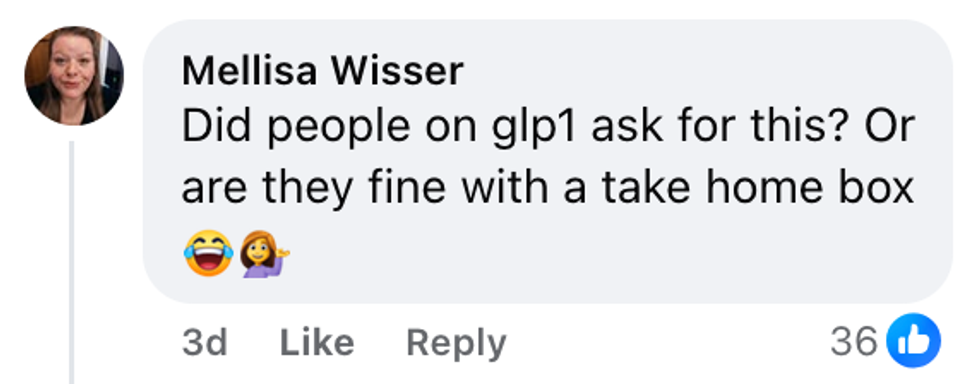It turns out that we may read science fiction less thoughtfully than we do literary writing.
According to a paper published in the journal, Scientific Study of Literature, professors Chris Gavaler and Dan Johnson of Washington and Lee University found that when mentally classifying text under science fiction, readers automatically assume the text is less valuable — in a literary sense. For this reason, humans unconsciously put a decreased level of effort into reading works of science fiction than they would apply to literary writing.
Inspired by a 2013 study by psychologists David Comer Kidd and Emanuele Castano that found literary fiction produced greater empathic responses among readers, Gavaler and Johnson set out to uncover more about human perception and interpretation of language.
Their paper, called “The Genre Effect,” is based on the results derived from 150 participants who were given 1,000 words to read. The narrative of each text was the same: a character enters a public eatery and socializes with the people there, directly following public knowledge of the character’s criticism of that community. In the “literary” format, the protagonist enters a diner after his critical op-ed is published in a local newspaper. In the science fiction version, the character instead enters a galley in a space station full of aliens, androids and humans.
Both Gavaler and Johnson attest to the consistency of the two versions of the texts, aside from the words that established setting, like door versus airlock. They maintain that participants should have shown equal ability to infer the feelings of the characters they read — a theoretical psychological phenomenon called theory of mind.
Post-read, participants of the study were questioned as to how closely they aligned with statements like, “I felt like I could put myself in the shoes of the character in the story,” as well as the effort each participant imparted in empathizing with the characters.
Instead, the researchers explained that the conversion of the text to science fiction actually greatly reduced readers’ perceptions of literary value, even though the participants were reading the same plot and character relationships.
They said, “In comparison to narrative realism readers, science fiction readers reported lower transportation, experience taking, and empathy. Science fiction readers also reported exerting greater effort to understand the world of the story, but less effort to understand the minds of the characters. Science fiction readers scored lower in comprehension, generally, and in the subcategories of theory of mind, world, and plot.”
To the researchers’ surprise, the science fiction setting revealed the reader’s tendency toward less laborious reading, despite the inherent difficulty of the text and subject matter. According to Gavaler, who is also the author of a guide to superhero comics, participants who read their test texts apparently anticipated a simpler story, therefore the science fiction prompted poorer overall reading.
Gavaler did note that this likely is not true of all readers, but mostly of those “who are biased against science fiction, thinking of it as an inferior genre of fiction.”
He added, “It’s a self-fulfilling bias — except we can now show objectively that the weakness is with the reader, not the story itself. So when readers who are biased against science fiction read the word airlock, their negative assumptions kick in — ‘Oh, it’s that kind of story’ — and they begin reading poorly. So, no, science fiction doesn’t really make you stupid. It’s more that if you’re stupid enough to be biased against science fiction you will read science fiction stupidly.”
In time, Gavaler wants to test readers’ responses to lengthier texts and other genres of literature to learn whether “genre markers,” like cowboy hats or sorcerers’ wands, would disclose more of what occurs in readers’ minds.
He noted, “I was paradoxically pleased by the results … In an ideal world, there would be no bias. But if it exists, and it does, it’s useful to expose it.”
Science fiction author Jon Courtenay Grimwood summarized the bias as follows: “The problem is a very basic one — people give an art form the care and attention they think it deserves. (Or perhaps have been told it deserves.) You get out of a book what you bring to it. Well, most books.”
Read discerningly, read without predisposed bias, but most of all, keep reading.













 i know right schitts creek GIF by CBC
i know right schitts creek GIF by CBC  nurse ward GIF
nurse ward GIF  Organ Donation Kidney GIF by I Heart Guts
Organ Donation Kidney GIF by I Heart Guts  Hell Yeah Deal With It GIF
Hell Yeah Deal With It GIF 

 @latoyajackson/Instagram
@latoyajackson/Instagram @latoyajackson/Instagram
@latoyajackson/Instagram @latoyajackson/Instagram
@latoyajackson/Instagram @latoyajackson/Instagram
@latoyajackson/Instagram @latoyajackson/Instagram
@latoyajackson/Instagram @latoyajackson/Instagram
@latoyajackson/Instagram @latoyajackson/Instagram
@latoyajackson/Instagram @latoyajackson/Instagram
@latoyajackson/Instagram @latoyajackson/Instagram
@latoyajackson/Instagram @latoyajackson/Instagram
@latoyajackson/Instagram
 Jessica Hellman/Facebook
Jessica Hellman/Facebook Beatha Sellman/Facebook
Beatha Sellman/Facebook Medal Jeannette June/Facebook
Medal Jeannette June/Facebook Mellisa Wisser/Facebook
Mellisa Wisser/Facebook Stephanie Bertsch/Facebook
Stephanie Bertsch/Facebook Christina Borja McAlvey/Facebook
Christina Borja McAlvey/Facebook